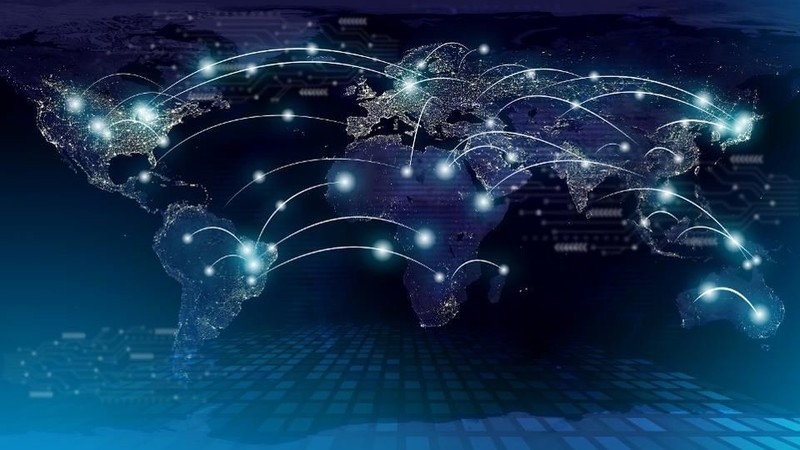
Globalization is good because it provides the world with more efficient markets, increases competition leading to better goods, generates wealth in all parts of the world and builds and stabilizes security. Globalization is steadily growing as technology allows individuals within each country to communicate with people previously out of reach. Arjun Appadurai talks about the possible effect of ‘homogenization’ of culture, where dominant nations like the United States spread their cultures through television and movies, which leads to the dilution and globalization problems loss of local and indigenous cultures. The growth of stock exchanges like the NYSE and FTSE as well as internationalization of financial markets has made it easier for people to transfer money internationally. Technological globalization refers to the spread of technology around the world.
These transnational networks, sometimes referred to as “global civil society,” connect millions of people around the world based on shared political commitments. Consequently, some feminist philosophers believe that political “globalization from below” provides women and other vulnerable people with an effective means for resisting the inequalities created by economic globalization. For instance, some feminists argue that globalization has created new transnational public spheres in which political opinion can be marshaled to hold leaders democratically accountable. First, feminist approaches to globalization seek to provide frameworks for understanding the gender injustices associated with globalization. Rather than developing all-encompassing ideal theories of global justice, however, feminist philosophers tend to adopt the non-ideal theoretical perspectives, which focus on specific, concrete issues. Early feminist analyses focused on issues that were widely believed to be of particular importance to women around the world, such as domestic violence, workplace discrimination, and human rights violations against women.

Countries that have liberalized their capital markets are especially susceptible, as short-term capital that has whooshed into a country on investor whim whooshes out just as fast when investors panic. This is how a real-estate crisis in Thailand in 1997 touched off one of the biggest global conflagrations since the Depression. At the time, the architects of import substitution could not imagine that it was possible to export anything but commodities. But East Asia — as poor or poorer than Latin America in the 1960’s — showed in the 1980’s and 1990’s that it can be done.
- The enhanced global contact can eliminate the need for this manipulation to gain an advantage of price so that the consumer can benefit from the outcome.
- Developing countries such as India, China, Iraq, Syria, Lebanon, Jordan and some Africa’s countries, have been affected by globalization, and whether negatively or positively, the economies of these countries have improved under the influence of globalization.
- These consumers are characterized by their material and economic self-interest – rather than cultural, civic or other forms of identity.
Most people I know have a strong opinion on globalization, and all of them express an interest in the well-being of the world’s poor. The financial press and influential international officials confidently assert that global free markets expand the horizons for the poor, whereas activist-protesters hold the opposite belief with equal intensity. Yet the strength of people’s conviction is often in inverse proportion to the amount of robust factual evidence they have. The bottom line is that globalization will have to evolve with a more comprehensive concept of national interest, defined in broader terms than economic efficiency to include pressing social and environmental challenges confronting both rich and poor countries. In parallel, the management of global flows will require new and augmented multilateral structures that bring together disparate ministries, poorer vulnerable countries, and key private actors.
And the push to bring supply chains back home in the name of resilience is accelerating. On May 12th Narendra Modi, India’s prime minister, told the nation that a new era of economic self-reliance has begun. Japan’s covid-19 stimulus includes subsidies for firms that repatriate factories; European Union officials talk of “strategic autonomy” and are creating a fund to buy stakes in firms.


